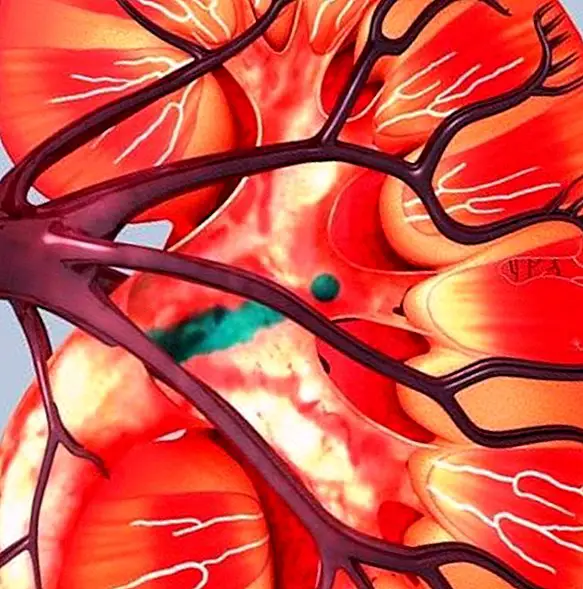What blood group can I donate blood to?
The blood It is essential and fundamental for life. Basically consists of a fabric formed by different elements, which in turn have different characteristics and functions. For this reason, when a blood transfusion is carried out, it is most common for these elements to be transfused separately to patients or different patients.
For this reason the donation of regular blood is extremely important, because a single blood donation can help and benefit more than one person, with different problems, health conditions or diseases.

A blood donation is fractionated to obtain three blood products: plasma, platelet concentrates and red blood cell concentrates.
The red blood cells they are the red blood cells, and they are responsible for and responsible for transporting oxygen from the lungs to the different tissues of our body. For this reason its deficit causes a lack of oxygen in the vital organs. Its treatment is the administration or transfusion of packed red blood cells.
The platelets Involved in blood clotting. This function is of utmost importance, since they prevent the appearance of secondary hemorrhages in small lesions that usually occur in the veins, arteries and capillaries. Therefore, its deficit can cause the appearance of serious hemorrhages, and thrombocytopenia (deficit) is common in leukemias (malignant diseases of the blood) and after undergoing some treatment against cancer.
Finally we find the plasma, which consists of the liquid part of the blood and is formed by water and proteins. Among the proteins we distinguish antibodies, albumin and coagulation factors. These proteins intervene in a very wide diversity of metabolic processes considered as basic for our organism: the proper functioning of our immune system, the coagulation of blood, as well as the transport of various substances.
Blood groups
Explained more or less simply, we can say that Blood groups are substances that we find attached to the membrane of many cells present in our body.
Among these cells, for example, we find red blood cells or red blood cells about which we spoke at the beginning of this note.
And, precisely, these substances are what determine the blood group what the person has, and therefore, the compatibility that exists when carrying out blood transfusions. In this sense, although it is true that there are many blood groups, two are the most frequent and / or important: ABO group and the Rh group.

The ABO blood group
It is a blood group in which it is the sugars that determine it. Depending on its composition, we find four groups within the ABO group: A, B, AB and O. Groups O and A are the most frequent, with an estimated frequency of 45% for the first group and 40% for the first group. the second.
On the other hand, as we mentioned, we distinguish the other two groups whose frequency is much higher: 11% for group B and 4% for group AB.
In Group A the red blood cells have the antigen A and in their plasma we find the Anti-B antibody. In group B the red blood cells have the B antigen and in their plasma we find Anti-A antibodies. In group AB the plasma does not have any antibody but they present the two types of antigens A and B. And finally in group 0 their red blood cells do not have antigens, and their plasma presents Anti-A and Anti-B antibodies.
The Rh blood group
Within this blood group we find two other groups: the Rh positive and the Rh negative. The antigens of this system are generally of a protein nature, and for this group to be positive or negative, it depends on whether the protein is found on the surface of the red blood cell.
Thus, if it is present it will be Rh positive, and if it is absent it will be Rh negative. In this way, a person must have a blood group consisting of protein A, B or both. And also have a Rh positive or negative.

Who can I donate blood to?
Taking into account all the indicated, It is not the same who can donate to whom and who can receive from, given that depending on the blood group that we are in, we will be able to donate to a certain group, but nevertheless we could not receive blood from other groups.
| Blood type | You can donate to: | You can receive from: |
|---|---|---|
| A + | A +, AB + | A +, A-, O +, O- |
| O + | A +, O +, B +, AB + | O +, O- |
| B + | B +, AB + | B +, B-, O +, O- |
| AB + | AB + | EVERYONE |
| TO- | A +, A-, AB +, AB- | A-, O- |
| OR- | EVERYONE | OR- |
| B- | B +, B-, AB +, AB- | B-, O- |
| AB- | AB +, AB- | A-, O-, B-, AB- |



